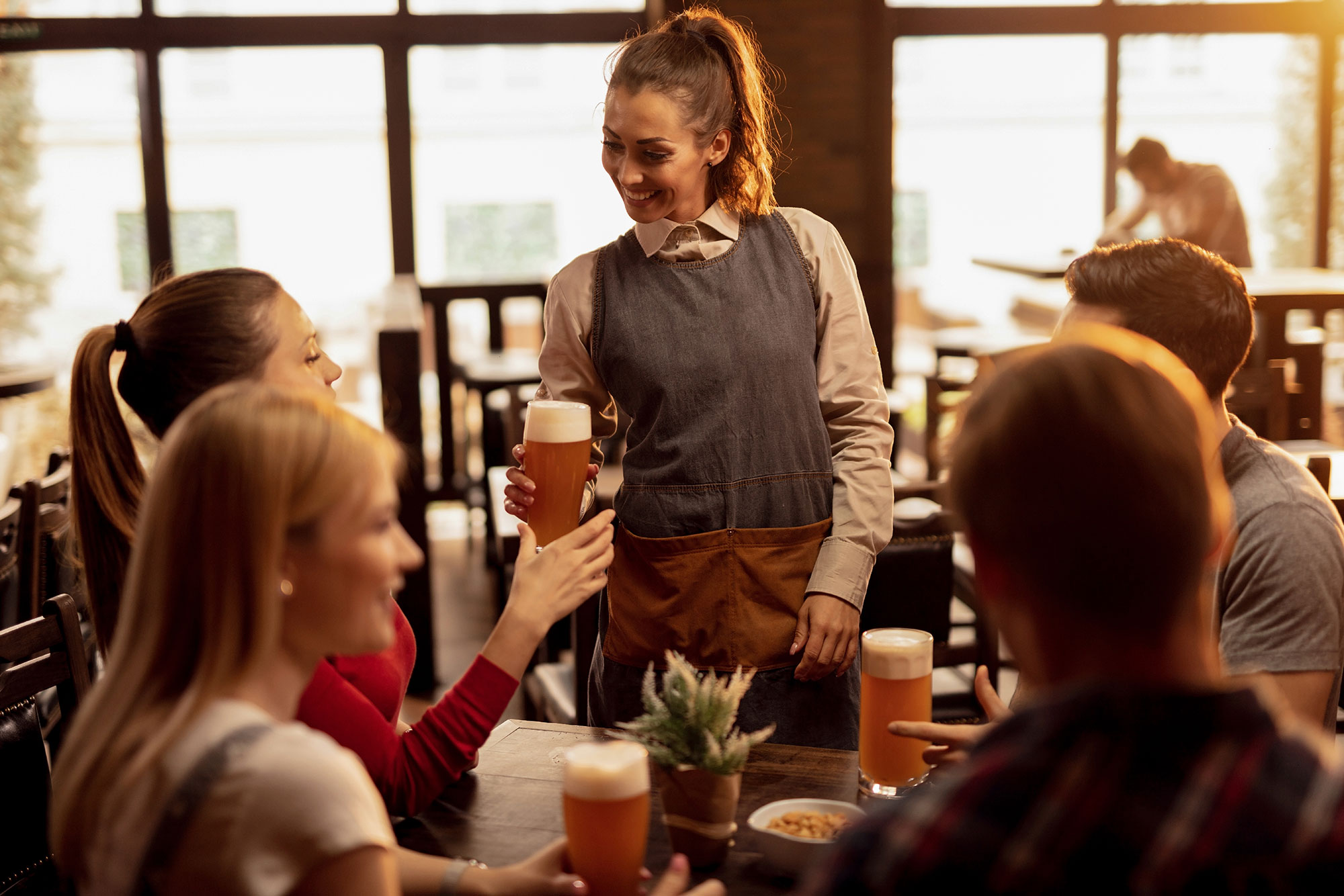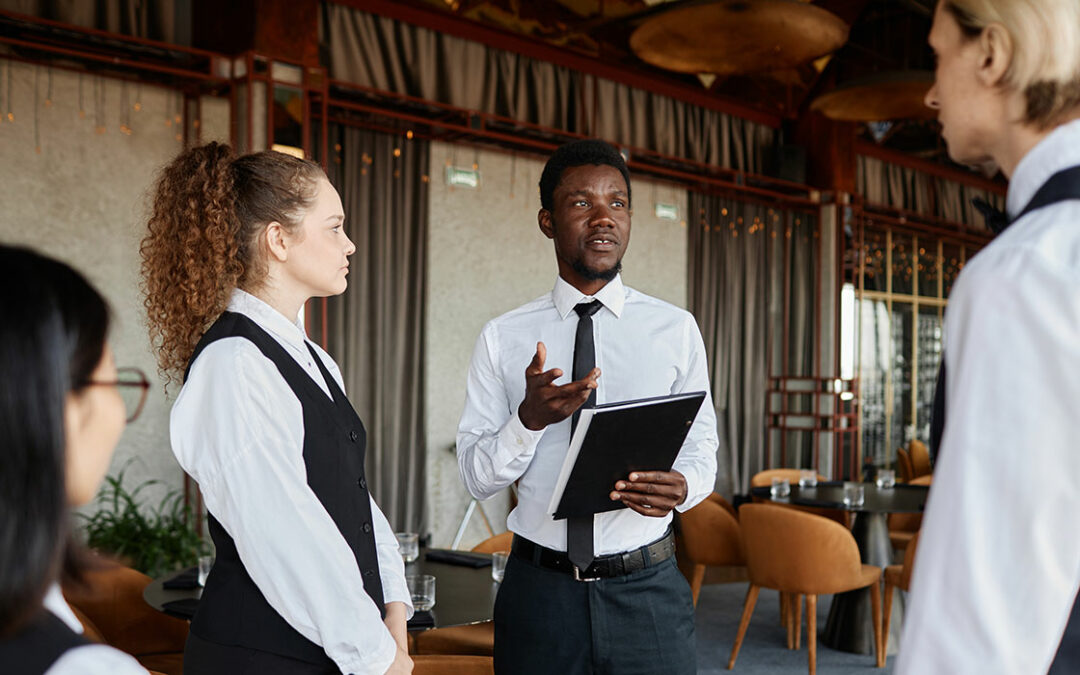It’s against the law to sell alcohol to minors, but that won’t stop them from trying to purchase it at your restaurant. If they succeed, and your restaurant is caught selling to minors, you and your employees could face fines and potentially a loss of your liquor license, or worse. When you train your staff on responsible alcohol sales — including how to be vigilant about preventing sales to minors — you’re protecting your restaurant, your employees, and your community.
Be On the Lookout
Check IDs Carefully: Checking the IDs of people buying alcohol is the first step to preventing sales to minors. A good guideline is to check the IDs of everyone who appears to be under the age of 35, though your organization may require your employees to be more strict and have a different baseline age, or just card everyone buying alcohol. Train your employees on where to look for birthdates on licenses and other forms of ID, and make sure they know to check the “UNDER 21 UNTIL:” label on some licenses. Keep in mind, some people may use their passport or a military ID to prove their age instead, so your employees should know what to do when presented with those as well.
Spotting Fake IDs: The next step up in preventing alcohol sales to minors is making sure that the ID they show your server or bartender isn’t fake. Each state has specific details on their driver’s licenses to help you and your team differentiate a real ID from a fake. Training your employees on those signs for your state is a good start but having them also know the signs for nearby states use is even better.
Be Careful with Accomplices: Some underage individuals will try to ask someone who is older than 21 to buy alcohol for them. Look out for this type of interaction. In some states, you could be held liable if you or your employees knowingly sell to someone who’s buying alcohol for a minor. If you want, have your staff consult with you for a second opinion before selling to anyone who might be buying for minors. If they’re unsure if that’s what’s happening, a second opinion could confirm their suspicions.
Serve Only Who You Can See: When serving a table of guests, sometimes someone might try to buy a second drink for someone who is away from the table. Maybe they’re arriving late or they’re in the bathroom, but whatever the reason, you and your team will still need to check their ID. The second person is welcome to order their own drink when they get to table and meet the server, but no sooner.
Prepare Your Employees
Not all employees will know how to check IDs when they’re hired, so training them on these topics is vital. An efficient way to train all your employees and make sure that they’re all on the same page is to use a learning management system (LMS). Using an LMS that is built for blended learning is even better – you can use role playing to help your employees get practice checking IDs and watching for alcohol theft in a more laid-back setting, so they’re prepared when doing so on the job.





